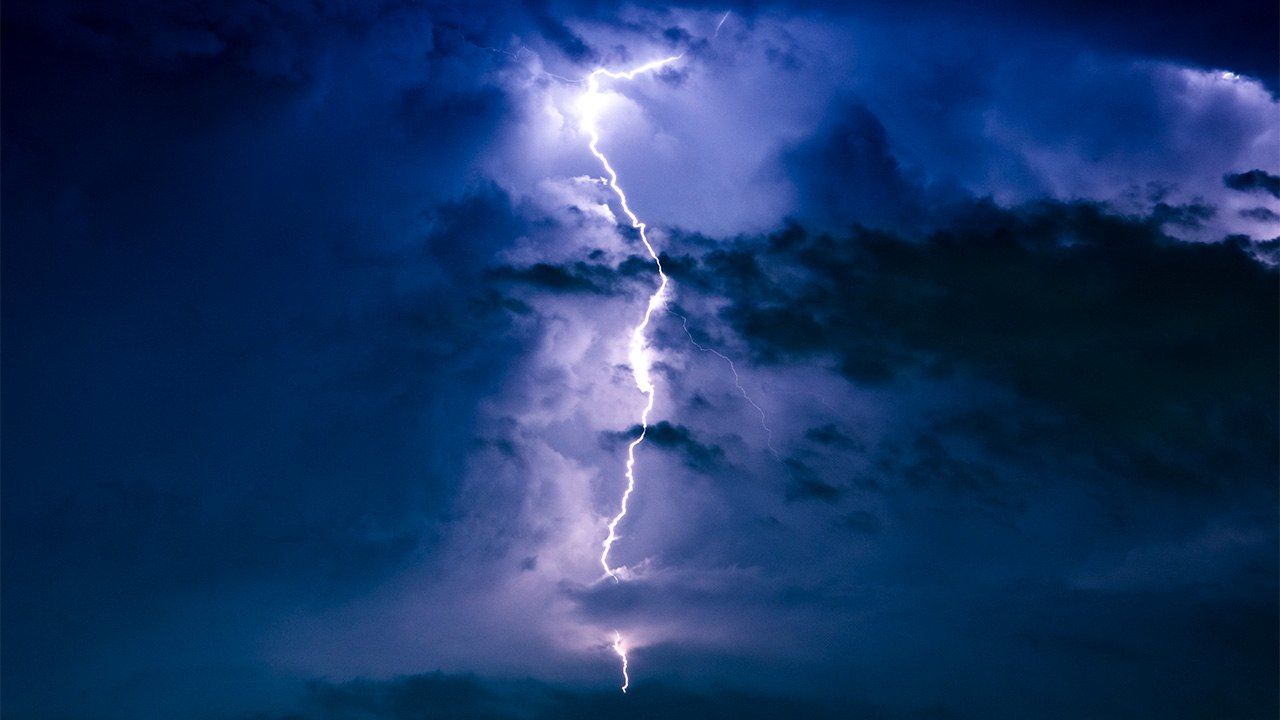
A Journey Through Japanese Haiku
Lightning Over the Archipelago
Culture Lifestyle- English
- 日本語
- 简体字
- 繁體字
- Français
- Español
- العربية
- Русский
稲づまや浪もてゆへる秋津しま 蕪村
Inazuma ya / nami mote yueru / Akitsushima
Lightning flash—
hemmed by waves, the
Dragonfly Islands(Poem by Buson, written in 1768.)
The flash of lightning and rumbling of thunder impress on us the power of nature. Buson, in a display of dynamism and majestic imagination, builds his haiku around the theme of lightning. It is nighttime, but a flash of lightning reveals the Japanese archipelago surrounded by white waves—Japan appears here under the old name of Akitsushima, meaning the Dragonfly Islands.
The poem references a waka in the Kokin wakashū anthology: Watatsumi no / kazashi ni saseru / shirotae no / nami mote yueru / Awajishimayama (Awajishima / hemmed by / white waves / like the hair ornament / of a sea god). However, the island of Awajishima is replaced by the country as a whole, so that the lightning seems to reveal Japan from space, in a haiku of epic dimensions. Buson, who had a talent for landscapes, may have applied his artistic experience here.
The use of the ancient name Akitsushima conjures up images of the earliest myths about the country, in the age of the gods, when Izanami and Izanagi stirred the oceans with the heaven’s jeweled spear to create the Japanese islands. It also resembles part of a poem from the Man’yōshū, Japan’s earliest poetry anthology: Kunihara wa / keburi tachitatsu / unahara wa / kamame tachitatsu / umashi kuni zo / Akizushima / Yamato no kuni wa (Over the land, / smoke rises and rises. / Over the sea, / gulls rise and rise. / A glorious land, / Akizushima, / the land of Yamato). In ancient times, the light from lightning was thought to ripen the rice. The word inazuma (lightning) derives from ine (rice) and tsuma, which today means “wife,” but was once also used for “husband,” so the lightning is the “rice husband” that makes the crop swell. Thus, Buson’s haiku holds within it the promise of a bounteous harvest.
(Originally published in Japanese. Banner photo © Pixta.)

